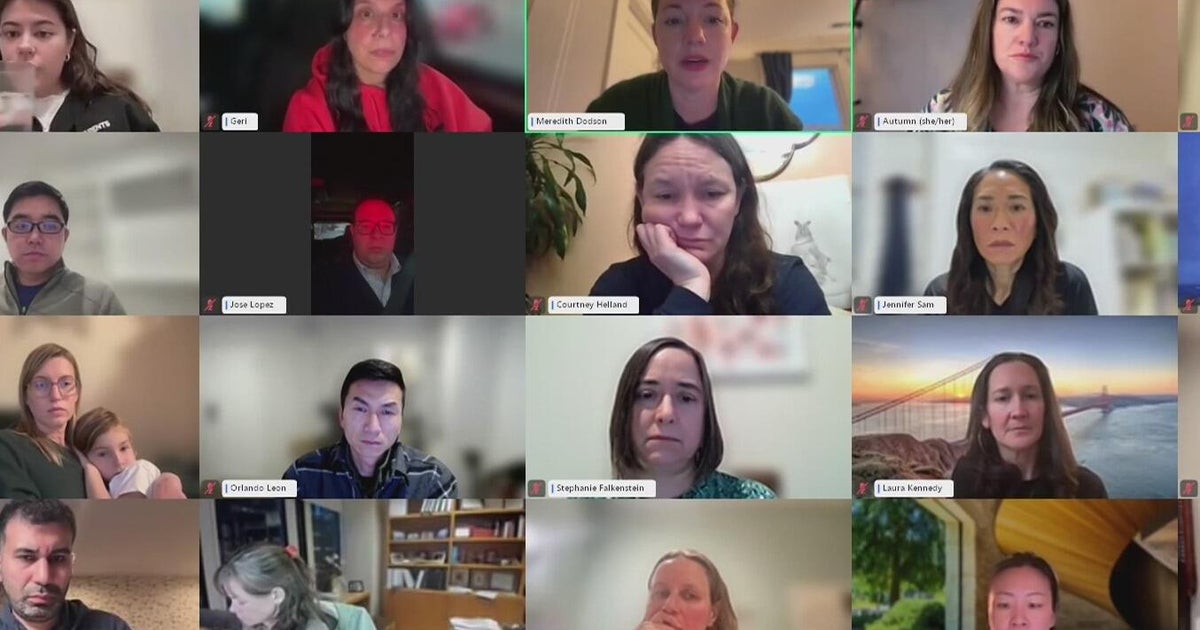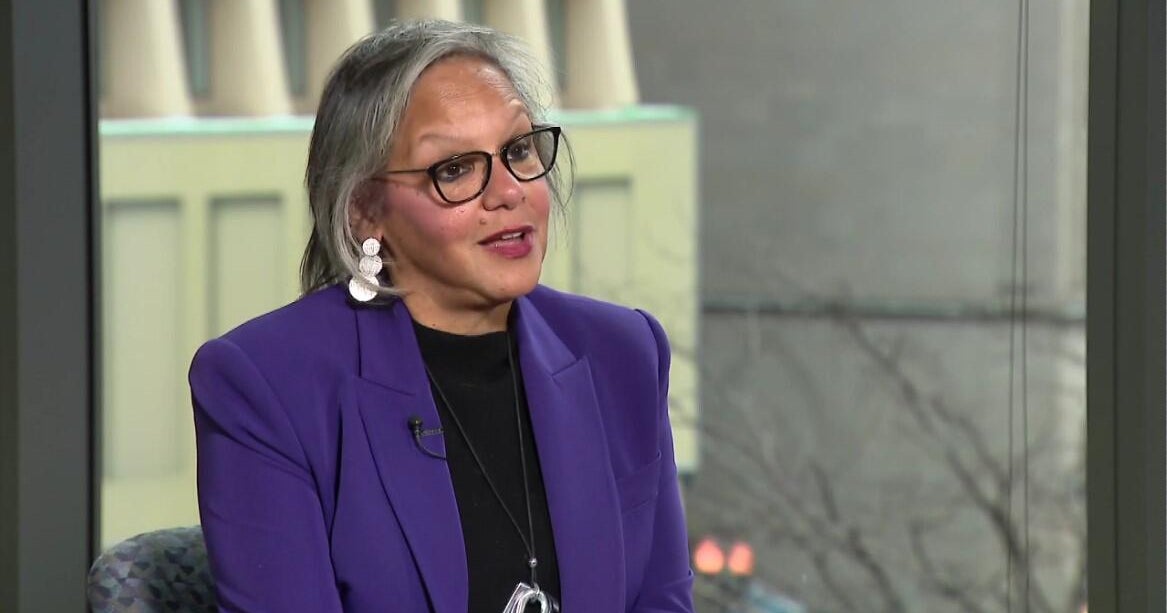Financial-Planning Tips For Women
BOSTON (CBS) - A recent survey found more women are taking an active role in their family's finances. That same poll found many feel they're not as well versed in these matters as they'd like top be, however.
Financial planners say there are steps every woman should take to secure their financial future.
Paula Roberts is a single mother and a successful businesswoman. Although she exudes confidence in the workplace, she's a little more tenuous when it comes to her own checkbook.
"When I'm making money, I don't know how to re-invest it to have more money coming in," she explained.
Two thirds of women asked say they have to do more to understand how money works, and how it can work for them.
"I feel accomplished," said Roberts, "I just want to protect my kids and myself for my future, and their future."
Financial planner Harriet Johnson Brackey said, "You're not born knowing about money, and the worst part is that we're not taught in school."
"The hardest thing is for people to line up their money, and their goals," she added.
Brackey tells her clients to start their money makeover by bumping their savings up to 10%-15% of their pay if they can.
"That money builds up over time, compounds, and it's amazing what it will do for you at the end of your career," she explained.
Brackey said to make sure you contribute to a 401K if your employer offers one, particularly if they offer any kind of match.
"That's free money," she added.
Make sure you diversify your portfolio.
"You have to figure out a portion for stocks because that's the only way it will grow, and you have to beat inflation because that's going to come roaring back, or as already started," said Brackey.
Brackey's next piece of advice: get an IRA.
"My favorite IRA is a Roth IRA. You put in the money that you already paid tax on, you take it out tax free."
Studies show that women aren't necessarily bad with money. Often they've just had different goals because of their role in the household. For example, they might be good at shopping wisely for groceries and other day-to-day purchases. They need to learn to apply those skills to long term financial decisions, according to money experts.







